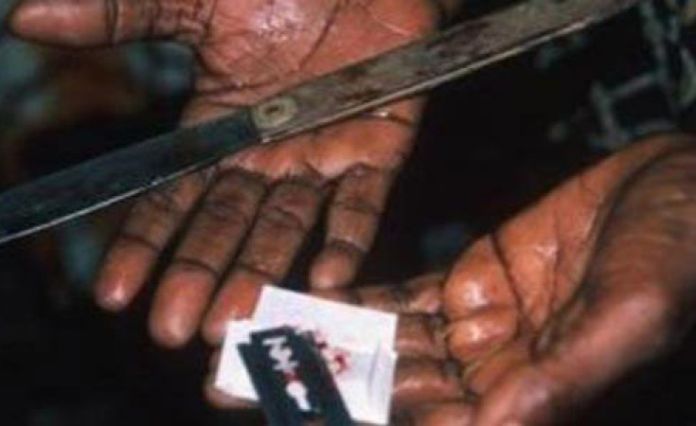The United Nations have branded female genital mutilation a human rights violation, revealing that five in every ten girls in The Gambia between the ages of zero and 14 years going through the procedure.
UN twin agencies of UNFPA and UNICEF have rolled out a joint programme on Accelerated Abandonment FGM, the largest global programme to end this harmful practice, currently focusing on 17 countries including The Gambia and also supports regional and global initiatives.
And as the world commemorates the International Day of Zero Tolerance for Female Genital Mutilation on Thursday 6 February 2020, UNFPA and UNICEF have issued a joint statement calling for an end to FGM.
The agencies said: “When Mariama was growing up in rural Gambia, most of her peers were subjected to female genital mutilation – a human rights violation that 5 in every 10 girls in The Gambia between 0-14 years have gone through. Yet Mariama remains unharmed, thanks to her parents’ refusal to subject her to the practice, despite the enormous social pressure.
“On the International Day of Zero Tolerance for Female Genital Mutilation, we join with Mariama and young people in The Gambia who are standing up for their rights with urgency and energy. They are engaging their peers, families, communities and the government with a call to end this harmful act of gender-based violence once and for all, as promised by the international community in the 2030 Agenda for Sustainable Development.
“While significant progress in eliminating the practice has been made in the last decade, in The Gambia, thousands of girls and women alive today have had their genitals mutilated. This can lead to long-term physical, psychological and social consequences.
“Support for the practice is dwindling. Up to 49% of women in The Gambia believe that female genital mutilation should stop. Evidently, young girls are at much lower risk of being subjected to female genital mutilation than their mothers and grandmothers were – 75% of women between 15 and 49 years old have undergone FGM/C, compared to 50% of girls between 0-14 years old.
“As the dominant demographic force in The Gambia, young people can play a critical role in ending FGM. Unleashing the power of youth means investing in youth-led movements to champion gender equality, an end to violence against women and girls and the elimination of harmful practices. This requires including young people as partners when designing and implementing national action plans, building relationships with youth-led organizations and networks that work to end female genital mutilation and recognize it as a form of violence against women and girls, empowering young people to lead community campaigns that challenge social norms and myths, and engaging men and boys as allies.
“But this is not a goal young people can achieve alone, nor can it be addressed in isolation from other forms of violence against women and girls. It also requires strong political commitment and the participation of all stakeholders including communities and the private sector.
“Last year, at the Nairobi Summit on the International Conference on Population and Development, governments, including The Gambia Government, civil society, faith-based organisations and the private sector recommitted to ending gender-based violence and harmful practices – such as female genital mutilation – in 10 years, the same timeframe for achieving the Sustainable Development Goals.
In March, we mark 25 years since the Beijing Platform for Action, a global commitment to advance women’s rights across 12 critical areas, including the elimination of all harmful practices against girls and women. This year, we will announce the creation of a new Generation Equality to drive further investment and results for gender equality.
“Now is the time to invest, translating the political commitments already made into concrete action. Now is the time to do more and do it better and faster to end the practice once and for all. Now is the time to keep our promise to Mariama and all girls of reaching zero female genital mutilation by 2030.”




